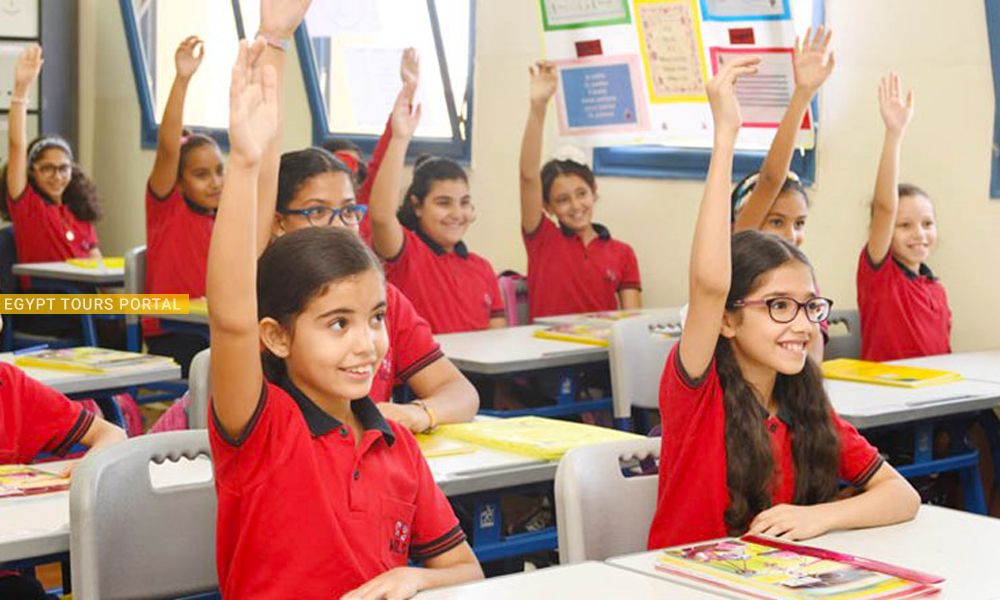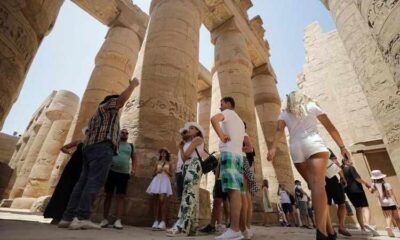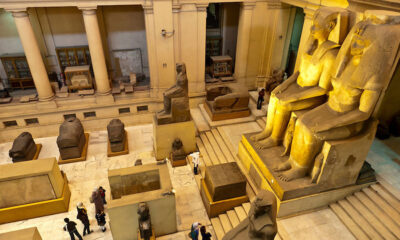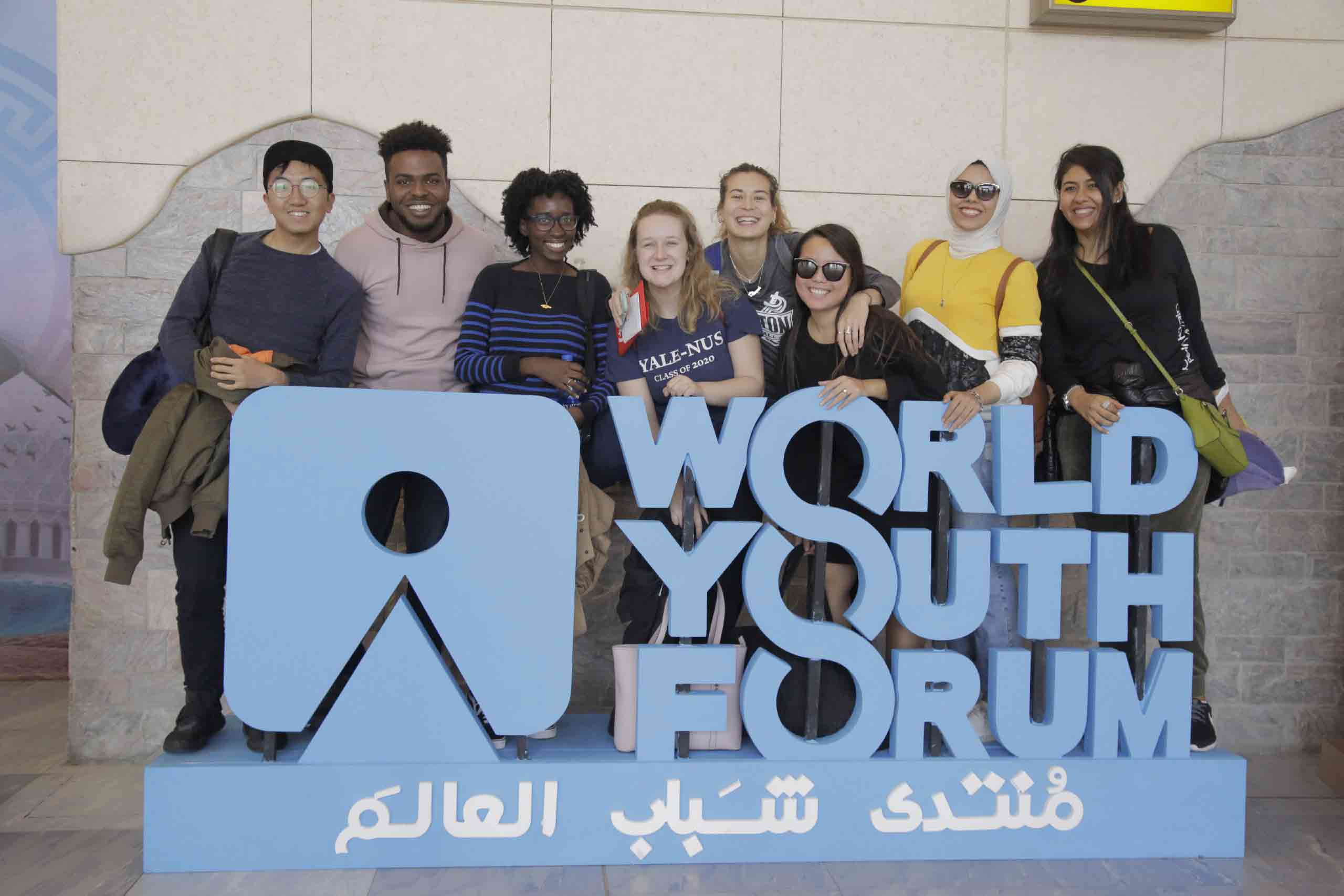Egypt
Educational Reform in Egypt

By Mohamed Amer
A New Minister
Since H.E. President Abdel Fattah El-Sisi swore the oath as the President of the Arab Republic of Egypt, education has been on the top of his list of priorities in a comprehensive reform plan. Dr. Tarek Shawki was named Minister of Education and Technical Education in February 2017 as a first step. Shawki is well known in academic circles for his specialization in the field of theoretical and applied mathematics. However, those who take a deeper look into his background shall understand the purpose behind choosing him to lead and manage one of the most problematic areas in Egypt.
Shawki is known as a leader in the area of integration of modern information and communication technology (ICTs) in education, science and culture, the kind of education which never existed in Egypt before. The Egyptian Minister collaborated with the United States Agency of International Development (USAID) to put a plan in place for education reform.
What’s the Plan?
In detail, Shawki’s plan is based on seven steps to be applied consecutively. The first step is to expand access to early childhood education stemming from the belief in developing young generations. The plan tends to build more schools that include an early childhood program in rural areas and villages. The program prioritizes main skills, such as math, reading, writing, English, and comprehension.
The second step is a remedial one to overcome the issues and challenges of the older educational system. The ministry tends to prioritize students from grade 4 to grade 9 in a comprehensive plan that is based on developing this particular age stage that has unfortunately fallen behind the above-mentioned essential skills.
Vulnerable areas are the focus of step three, which puts an approach to integrate the essential skill of reading in a developed educational curriculum that mainly relies on teaching young children and their mothers how to read. Thus, it can be considered an intergenerational stage.
The massive change in this promising plan comes in step four, which aims to demolish the old educational system that has been mainly relying on memorizing answers and exams. This particular step puts a much more advanced assessment scale to enable the teacher to assess the educational and academic advancement of their students and learners. Memorizing skills are now replaced with critical thinking, logical estimations, and creative abilities.
The teacher is an essential player in Shawki’s plan as well. Teachers are now well-trained and re-licensed into mastering essential teaching methodologies. The use of modern resources is vital in this stage, that is, step five of the plan, which is well understood by the ministry to the extent that it has signed contracts with a number of international organizations, including the USAID, to import a brand-new teaching methodology that casts away old worn systems.
Integrating technology into schools and educational institutions is also a priority to the ministry. Tablets, smart screens, online systems, and live streaming platforms are key players in step six and are now among the tools used to provide education. There is no doubt that COVID-19 contributed to the massive spread of online classroom platforms, and this step helped teachers to develop their technological skills and integrate cyber tools in the educational process.
Egypt provides an example in the area of hybrid education which combines face-to-face learning and online learning. The human social touch is as important as technological advancement, a matter which is excellently implemented by the ministry in its seventh step, which has also helped the educational system recover from COVID-19 repercussions.
What’s Next?
The seven-step plan tends to alleviate the negative effects of the old non-working educational systems and prepare for a promising future for students. However, this is just the start towards a long way of constant development and progress. The Egyptian experience in educational reform has become a lesson to be studied and learned from, with the ultimate aim of paving the way for a new dawn, for new generations to come.











